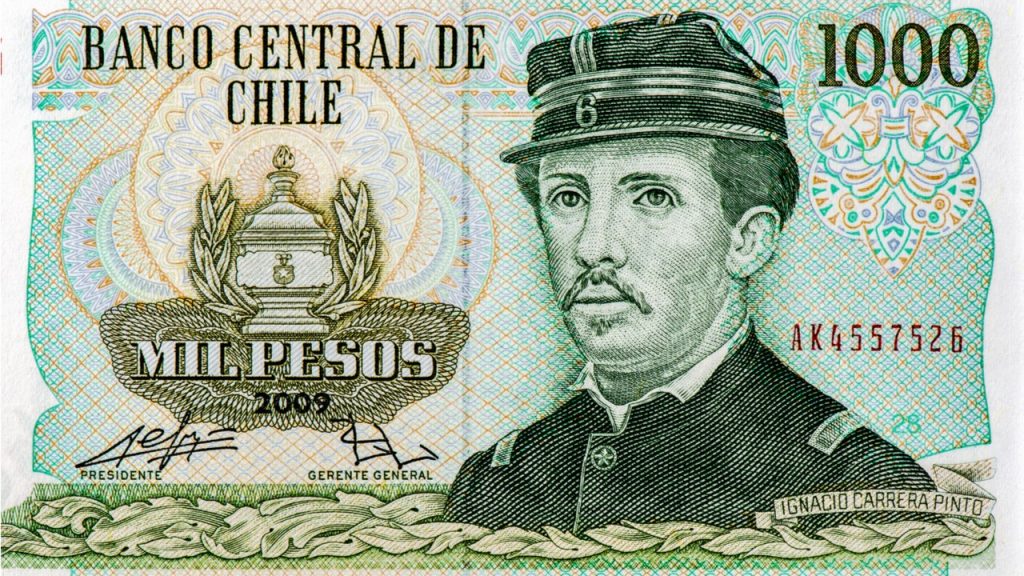Elon Musk, the South African billionaire and businessman known for Tesla and SpaceX, bought Twitter from Jack Dorsey. The irony of the situation is that one of the biggest cryptocurrency fans is selling one of the world’s largest social media platforms to one of the biggest cryptocurrency fans.
Elon Musk is the new owner of Twitter
Elon Musk swore that his ownership of Twitter will bring a new level of freedom of expression that many users have not experienced or witnessed lately. Twitter, under Dorsey’s ownership, had a bad habit of isolating conservatives and suspending or outright banning anyone with Republican or right-wing leanings (like My Pillow’s Mike Lindell).
In his testimony before Congress in 2018, after the US Senate decided to crack down on social media platforms in the wake of the Cambridge Analytica-Facebook scandal, Dorsey claimed that these conservative departures were not happening for nothing. his hand, but by Twitter. algorithms”.
He said this was something the company needed to “work on”, although considering that President Donald Trump, one of the best-known conservatives, was permanently banned from the platform a few years later in 2021, it can be assumed that neither Dorsey nor any of his colleagues did anything to prevent this behavior from continuing. Congress is also to blame for not treading a little harder.
Musk is a huge fan of cryptocurrencies, for a long time he has spoken highly of Dogecoin and bitcoin. At the time of this writing, various pieces of Tesla-based products can be purchased with Dogecoin, a popular meme currency, and there was even a brief period in early 2021 where bitcoin could be used to purchase Tesla vehicles. , although this movement was later. . canceled because Musk was concerned about the environmental implications of the BTC mining process.
What does this mean for BTC?
Of course, the big question now that Musk owns Twitter is whether the move will give Bitcoin and its digital counterparts a stronger online presence. To be fair, Dorsey, who has long been a bitcoin supporter and was one of the first major institutional investors in BTC through his company Square, has long been pushing the BTC agenda and seeking to establish bitcoin as a leading digital currency. . At the time of writing, the many content creators on Twitter can even get tips and earn rewards in BTC.
But Musk, while also a supporter of cryptocurrencies, seems to love digital currencies in a different way than Dorsey, as he has long promoted separate currencies and his approach to BTC has been more cautious. For example, in ending his acceptance of the coin for Tesla purchases, Musk said he will reconsider if miners are willing to be more transparent about their energy sources.
